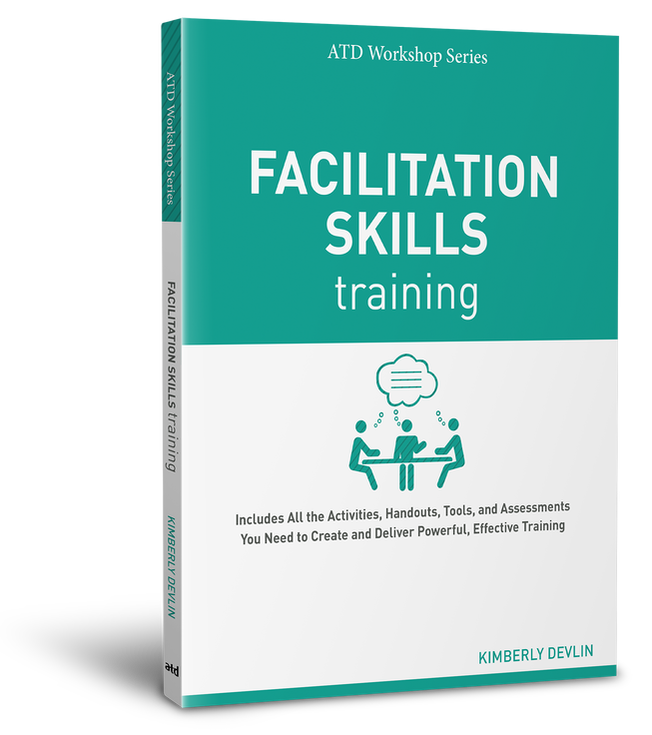|
Being an effective facilitator requires a broad range of skills or a support team that manages certain elements for you. The time in the facilitated event, whether counted in hours or days, is only a fraction of what “facilitating” entails. Facilitators’ ability to cultivate the critical and important elements and to cull out the nonessential and counter-productive ones through all aspects of facilitating (and especially during project scoping interviews) will directly affect their success in this often underappreciated and misunderstood role. Although platform skills are foundational, alone they are not enough. Highly sought-after facilitators have that base and also excel at written communication, critical thinking, questioning, diplomacy, project management, surfacing hidden agendas, and more. The programs in this volume will develop your facilitation teams’ skills – regardless of their starting point.
|
What is included?
Everything needed to run half-day, one-day, or two-day facilitation skills training programs – instructor guides, participant materials, assessments, and visual aids.
Take a look at the half-day workshop when your participants:
Consider the one-day workshop when the participants:
Finally, the two-day workshop may be best when the intended participants:
- have lead face-to-face trainings effectively for a variety of participant profiles
- are interested in expanding their stand-up role outside of the training room
- possess strong platform skills
- may be supported by an existing facilitation team that will design the processes for facilitations
- are savvy about the organization’s goals, culture, as well as formal and informal networks.
Consider the one-day workshop when the participants:
- have a solid foundation in facilitation techniques
- will be called upon to design the event processes in addition to leading them
- may need to gain stakeholder buy-in on their event designs
- are likely to work on challenging projects where their use of questioning will be a critical tool.
Finally, the two-day workshop may be best when the intended participants:
- are experienced facilitators looking to refine existing skills
- can share their own experiences and associated outcomes
- will have a context to distinguish the nuance of subtle differences in facilitation designs, behaviors, and strategies
- have mastered managing interpersonal behavior challenges in meetings but are still in need of techniques for exhibiting authority up the organizational hierarchy, managing potential conflict situations unique to facilitations, and so on.
